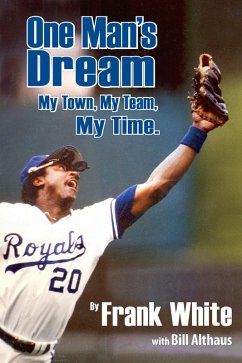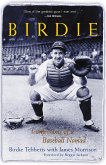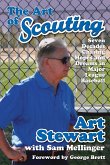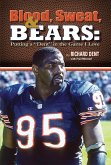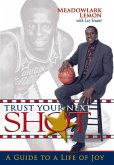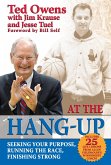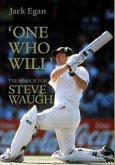When the Kansas City Royals appeared in the 1985 World Series, manager Dick Howser had to make a difficult, and controversial, call. Because the series started in the National League city of St. Louis, there would be no designated hitter, which meant that Hal McRae would be delegated to the role of a reserve coming off the bench. Before the start of the I-70 Series, which featured Howser's Kansas City Royals and White Herzog's St. Louis Cardinals, the veteran manager called Frank White into his office. He asked White to do something that stunned the baseball world. White, a perennial Gold Glove second baseman, was asked to hit cleanup for the Royals. For more than a decade, White was considered the premier fielding second baseman of his generation, but now, he was being asked to become only the second, second baseman in baseball history to hit cleanup in a World Series. The first was Jackie Robinson, the Hall of Famer who broke baseball's color barrier in 1947. White responded by hitting a home run in the Royals first World Series victory, led the team in RBIs and played a key role as Kansas City rebounded from a 3 games to 1 deficit to claim the lone championship in the history of the proud American League franchise. White was the hometown kid who made good. He'd dreamed of playing in a World Series, and he made the most of his opportunity to give the hometown fans a memory they would cherish forever. For 18 years, White was the gold standard by which every Major League Baseball second baseman was judged. His fielding range was uncanny and his ability to make a pinpoint throw to first base defied description. Yet, near the end of his career, he left the Royals with a bad taste in his mouth. He served as a coach for the Boston Red Sox for a brief stint, but returned to Kansas City with renewed optimism, hoping that one day his dream of becoming a Major League manager would become a reality. He worked as a coach, a Double A manager in Wichita, Kansas, and served as a team vice president. Yet, when it came time to name a new field manager, he was always overlooked. He never made his disappointment public, but he would confide to close friends that he was heartbroken by the Royals decisions concerning his future. Most recently he enjoyed a successful stint as a TV color commentator for the Royals, but was kicked out of the booth because of his honesty and insight into a team that had not enjoyed the type of success that was always associated with the Royals during White's golden era. White is one of three Royals icons-joining late manager Dick Howser and Hall of Fame third baseman George Brett-to have their numbers retired. A statue of his turning a double play stands in center field at Kauffman Stadium and his status with Kansas City baseball fans will never be tarnished. In MY TIME: One Man's Dream, White gives fans an inside look at his baseball legacy, from the glory days of the 1970s and 1980s to the disappointing way the team turned its back on its greatest representative-both on, and off the field. White proves that gold cannot be tarnished, in this must-read journey that will captivate even the most casual baseball fan.
Dieser Download kann aus rechtlichen Gründen nur mit Rechnungsadresse in A, B, BG, CY, CZ, D, DK, EW, E, FIN, F, GR, HR, H, IRL, I, LT, L, LR, M, NL, PL, P, R, S, SLO, SK ausgeliefert werden.

